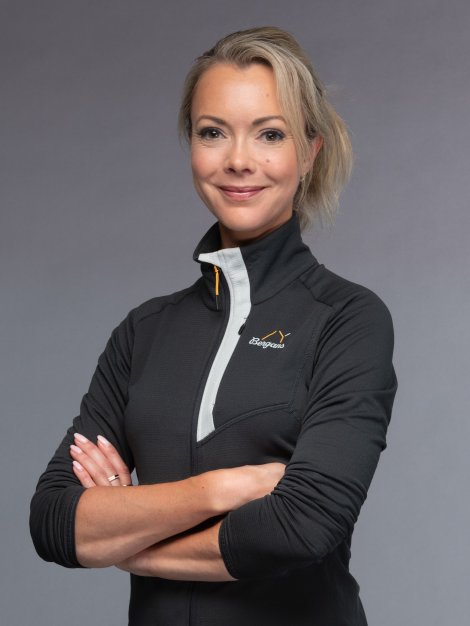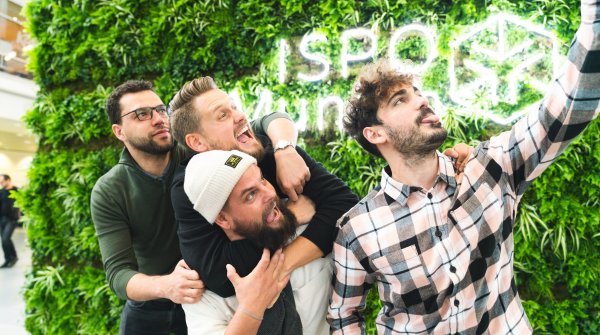SIlje: What’s surprised me most is the emotional depth people have with outdoor brands, both customers and employees. In investment and fitness, the focus was more on hard data and performance metrics. However, in the outdoor world, brands like Bergans are personal. They’re an integral part of people’s identities and life stories. That kind of loyalty and passion is rare and incredibly powerful when you know how to tap into it.
Innovation has been strong in materials and sustainability, but too traditional in how products are conceived. Many brands still design for extreme use, while people today want gear that’s versatile, comfortable and stylish. Something that fits into everyday life. The blending of outdoor, athleisure, and lifestyle is a huge opportunity, and the outdoor industry is only just starting to catch up. At Bergans, we define innovation as solving real needs: rethinking categories, staying true to ourselves, and adapting to how people live now.
It’s the sense of purpose. We’re not just selling gear. We’re helping people connect with nature, with themselves, and with others. That alignment between business and values like sustainability and long-term thinking makes the work meaningful, and attracts people who genuinely care. That’s rare and incredibly motivating.
There’s real potential in making outdoor gear more relevant in daily life, not just for big adventures. And there’s a huge opportunity in connecting emotionally with younger generations through storytelling, purpose, and inclusivity. The brands that do that well will lead the next decade.
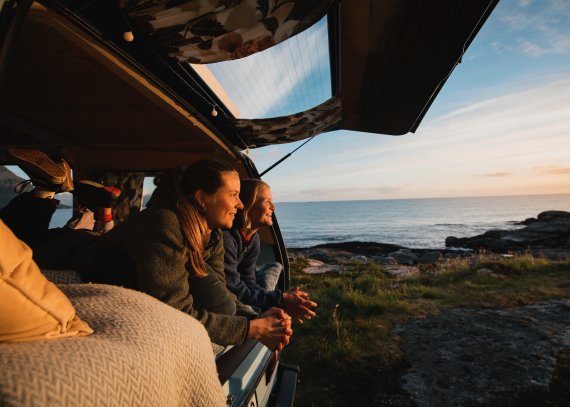
Bergans already has what most brands spend decades trying to build: strong heritage, a loyal community, and a clear purpose rooted in nature and sustainability. We’re not starting from scratch. We’re building on over a century of credibility and trust. These aren’t just soft values, they translate into brand equity and long-term customer loyalty, which are incredibly hard to replicate.
At the same time, we’re not stuck in the past. We’re sharpening our positioning, investing in innovation, becoming more data- and customer-driven. And it's working! We’re already seeing stronger brand engagement, better ROI, and growth in key channels.
The outdoor market is consolidating around fewer, stronger brands. With the right strategic choices and focused execution, Bergans has everything it takes to be one of them and I’m confident in the team we’re building to get us there.
Then subscribe to our free newsletter for your competitive advantage.
On Equality: There is a big bias who is the default outdoor leader
On International Women's Day, you posted a powerful message on LinkedIn. You wrote, “True equality means challenging the status quo, calling out bias, and making sure everyone gets the space to thrive.” What is the biggest bias in our industry and how can we overcome it?
One of the biggest biases in our industry is who we still see, consciously or not, as the default outdoor leader or expert. Despite progress, leadership roles and boardrooms are still dominated by men, even though women are a growing force in both outdoor participation and purchasing power. This isn’t just a representation issue. It affects which voices shape strategy, which products get made, and how inclusive the industry really is.
To overcome it, we need to be intentional: set clear diversity goals, build stronger pipelines for women in leadership, and make sure decisions are informed by a wider range of perspectives. At Bergans, we’ve made this a leadership priority because equality isn’t a campaign, it’s a business imperative.
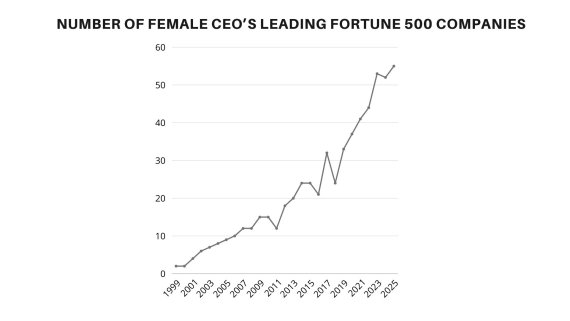
Don’t wait for permission. Speak up, step forward, and take space. Even when you’re the only woman in the room. The sports industry, like many others, still has a long way to go in putting women in decision-making roles. But change doesn’t happen by waiting: it happens by showing up with clarity, courage, and competence.
Find allies, lift others as you rise, and don’t underestimate the value of your perspective. The industry needs more diversity not just because it’s fair but because it makes the business better.
Brands with a strong purpose and customer connection are resilient
Geopolitical tensions, new US tariffs and stricter export/import regulations are putting companies under pressure. How do such macroeconomic factors influence your strategic decisions as CEO of Bergans?
These shifts force us to stay agile. At Bergans, we continuously evaluate and adapt our sourcing and production footprint to reduce risk and increase flexibility. We’re also investing in supply chain efficiency and strong, long-term supplier relationships. But more than logistics, these challenges reinforce the value of trust and clarity. Brands with a strong purpose and connection to their customers are more resilient in times like these.
Friluftsliv is the soul of Bergans. It’s about simplicity, connection, and well-being, not just performance. As a leadership culture, it means creating space for balance and purpose. In product development, it means designing gear that invites more people into nature: families, beginners, and everyday explorers. Because Friluftsliv is about access, not extremes.
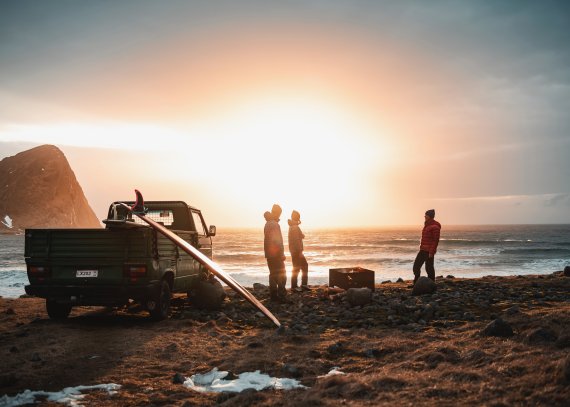
Gen Z and Gen Alpha are demanding clear values, while at the same time an “anti-wokeness” movement is growing louder. How does Bergans strike the balance between taking a stand and not losing consumers?
We’re guided by values that have been core to Bergans for over a century: protecting nature, building durable products, and making the outdoors accessible. These aren’t political, they’re principles. Gen Z and Gen Alpha want authenticity and action. We stay focused on what we stand for, and we communicate it clearly and respectfully. When you lead with consistency and care, people respond. Even in a polarized world.
Territorial conflicts, energy prices, regulatory requirements and skills shortages are just some of the challenges that CEOs face. What has been the biggest challenge for you so far and what lessons can you pass on to other managers?
Leading through constant uncertainty, making decisions without full visibilit, has been the biggest challenge. The key lesson? Don’t freeze. Use your judgment, act with clarity, and communicate openly. Progress beats perfection and momentum builds trust.
As CEO of Bergans Silje Garberg Ree highlighted, the sports industry is faced with numerous challenges, making it difficult to stay aligned and find effective solutions. ISPO 2025 offers a holistic view of the sport, providing brands with strategic direction and practical insights from global industry experts. As the flagship event of the global sports business, it provides an unparalleled opportunity for industry awareness and strategic guidance. With curated thematic sections, a worldwide audience, and high visibility, ISPO serves as the ideal platform for discovering new trends right when the market demands them. Don't miss out - from 30. NOV. - 02. DEC. in Munich.
- Emotional connection to brands: Outdoor brands benefit from a strong emotional connection with customers, leading to high loyalty and passion.
- Innovation in product design: Products need to be more versatile and comfortable, suitable not just for extreme adventures but also for everyday use.
- Purpose-driven brand values: Outdoor brands should clearly communicate their values around sustainability and long-term thinking to foster deeper customer loyalty.
- Diversity in leadership roles: Companies should actively promote women into leadership positions and set clear diversity goals to improve balance in the industry.
- Agility in uncertain times: Businesses should continuously adjust their strategies and remain flexible to respond to geopolitical and economic uncertainties.
- Friluftsliv as a company philosophy: A philosophy like “Friluftsliv” can strengthen corporate culture and positively influence product development.
- Authenticity with younger generations: Gen Z and Gen Alpha seek authentic brands that demonstrate clear values and a respectful attitude.
- Sustainability as a business strategy: Sustainability must be embedded in the business strategy to achieve long-term success and build customer trust.
- Clarity and communication as leadership skills: CEOs must lead with clarity and communicate openly in uncertain times to ensure trust and progress.
 Sports BusinessSki Mountaineering Goes Olympic: What Milano-Cortina 2026 Means
Sports BusinessSki Mountaineering Goes Olympic: What Milano-Cortina 2026 Means
- ISPO awards
- Mountain sports
- Bike
- Design
- Retail
- Fitness
- Health
- ISPO Job Market
- ISPO Munich
- ISPO Shanghai
- Running
- Brands
- Sustainability
- Olympia
- OutDoor
- Promotion
- Sports Business
- ISPO Textrends
- Triathlon
- Water sports
- Winter sports
- eSports
- SportsTech
- OutDoor by ISPO
- Heroes
- Transformation
- Sport Fashion
- Urban Culture
- Challenges of a CEO
- Trade fairs
- Sports
- Find the Balance
- Product reviews
- Newsletter Exclusive Area
- Magazine
